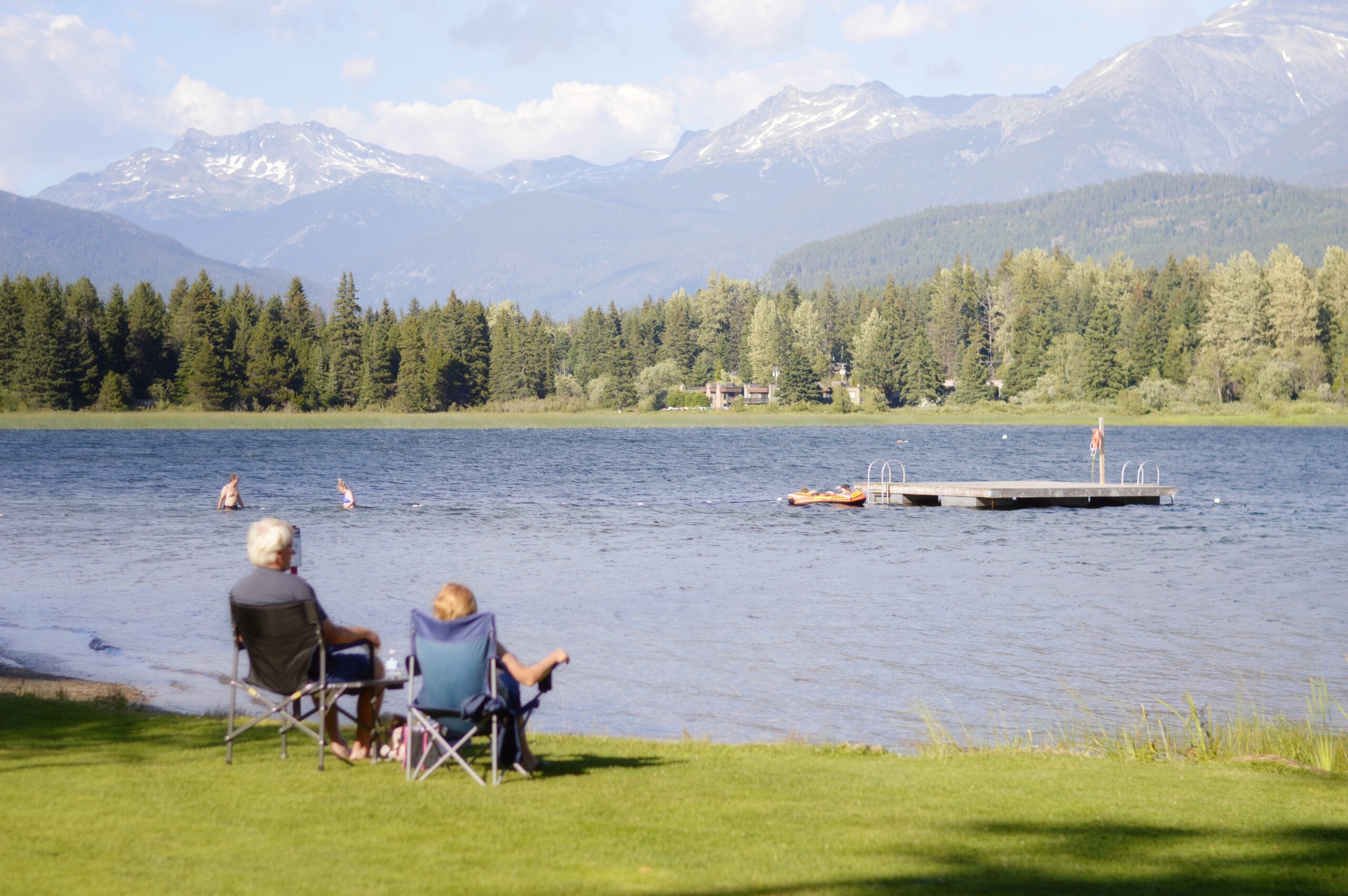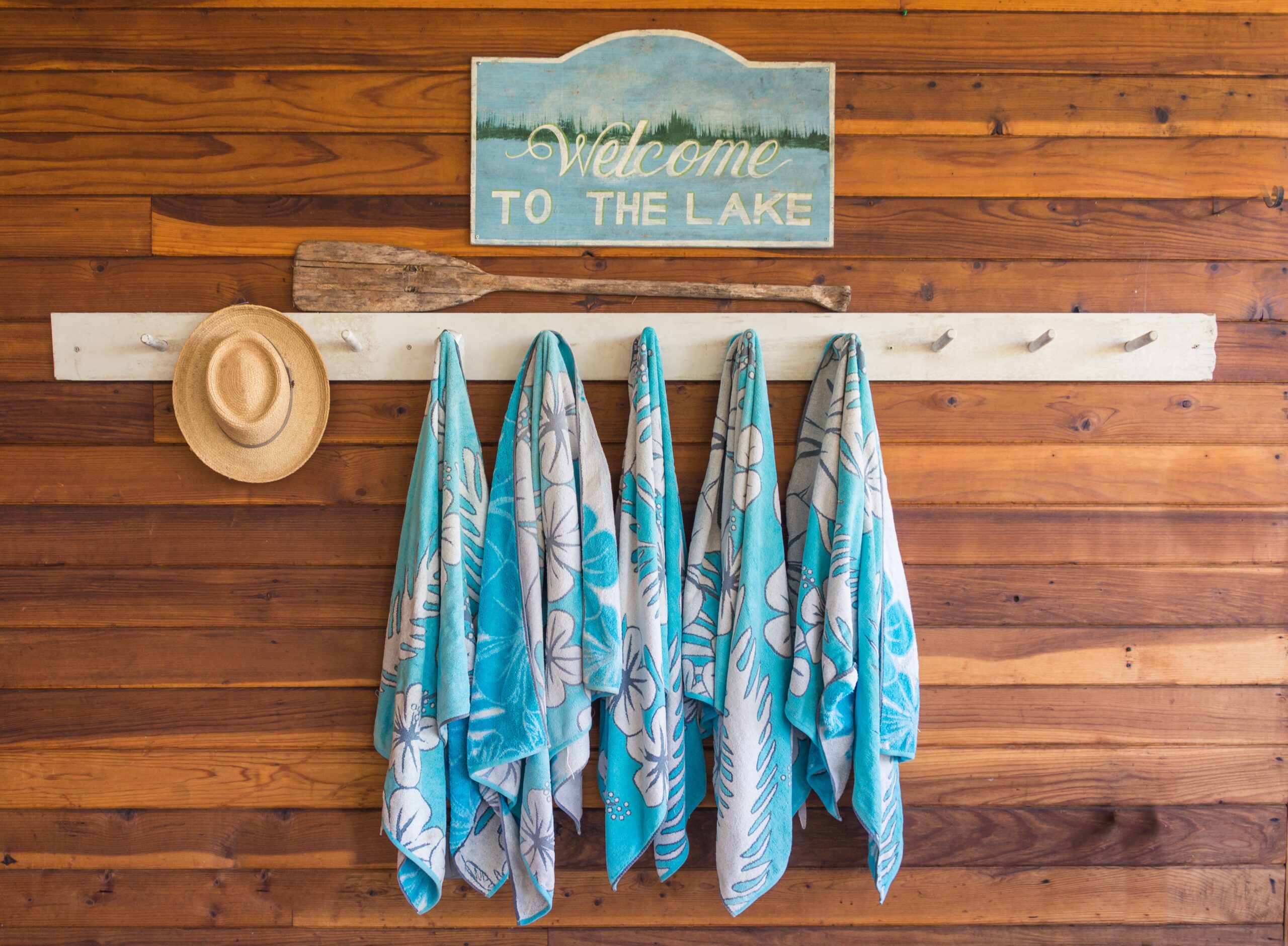Understanding Emergency Response Systems in Short-Term Rentals
When your much-awaited vacation turns into an unexpected emergency, how prepared is the rental you’re staying at? Let’s make sure you’re in the loop on what safety measures are in place.
Significance of Emergency Preparedness
You never think it’ll happen to you—until it does. Emergencies are real, and how swiftly and effectively they are handled can make all the difference. Imagine waking up to a fire alarm in your Airbnb. Would you know your escape plan? That’s why hosts across the vacation rental industry, from Airbnb to VRBO, are equipping their properties with advanced Emergency Response Systems to ensure you can rest easy. Ensuring the safety of guests is not just about compliance; it’s about providing peace of mind.
Defining Short-Term Rentals
So, what actually counts as a short-term rental? Typically, properties like the ones you’d book through Airbnb or VRBO for your short getaways. These rentals operate within the thriving short-term rental market and cater to guests looking for a home away from home for less than 30 days. They range from quaint studio apartments in the city to sprawling beach houses that become your temporary slice of paradise. But whether it’s a city loft or a lakeside cottage, knowing the property has an emergency response plan is key to a worry-free stay.
Legal and Compliance Considerations
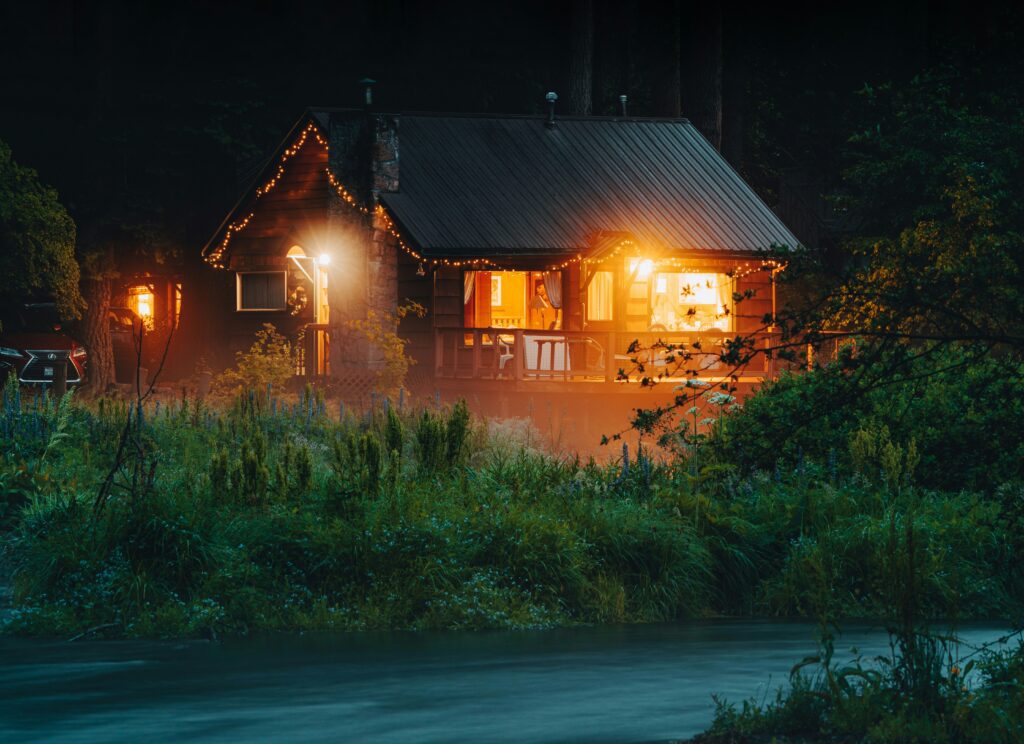
Did you know ensuring your short-term rental meets legal and compliance requirements is not just necessary but can also be streamlined with the right approach? Let’s dive into the nitty-gritty of what you need to consider to play by the rules and keep your guests safe.
Local Regulations and Standards
Is your rental up to scratch with the local short-term rental regulations? Many municipalities have specific laws that govern everything from noise to safety standards. For instance, listing your property might require you to register or obtain a permit. It’s crucial to touch base with local authorities and ensure you’re not missing any critical steps. Some regions might even mandate inspections to check if your property complies with health and safety codes. You wouldn’t want any surprises during peak tourist season, would you?
Compliance with Emergency Protocols
Now, how about emergency response systems? It’s not just about having a fire extinguisher in plain sight. You need to consider compliance with established emergency protocols. Does your property have clearly marked exits, and are they easily accessible? Are your smoke detectors and carbon monoxide alarms tested regularly? Establishing a robust emergency response procedure can be a game-changer in the event of an unexpected incident. And remember, having reliable brands like Nest or SimpliSafe for your alarms can give both you and your guests extra peace of mind.
Creating an Effective Contingency Plan
When it comes to short-term rentals, your safety and that of your guests should be top priority. Creating a robust contingency plan allows you to handle emergencies efficiently. Let’s look at how you can be prepared for the unexpected.
Risk Assessment for Rentals
First things first: assess the risks specific to your property. Are you in a hurricane-prone area or a bustling city where a pandemic could erupt? Knowing the potential hazards is crucial. You’ll want to:
- Identify threats: Weather conditions, local crime rates, and regional health concerns are a good starting point.
- Evaluate frequency and impact: How often do these emergencies happen? What’s the severity?
For example, the historical data might show that your coastal rental faces a hurricane every few years. That’s a risk to flag!
Designing an Evacuation Plan
Got a clear exit route? Your evacuation plan should be straightforward and easily accessible to all guests. Here’s what to include:
- Clear instructions: Outline the quickest routes out of the property.
- Assembly points: Designate safe areas where everyone can regroup.
Remember, during a disaster, time is of the essence. A well-thought-out evacuation plan can prevent panic and save lives.
Disaster-Specific Preparedness
Different disasters call for different responses. If a hurricane is on the horizon, shutters and emergency kits are your go-to. During a pandemic, hygiene supplies and information on local health regulations become vital.
- Hurricane: Secure the property, stock up on non-perishables, and provide flashlights with extra batteries.
- Pandemic: Equip your rental with hand sanitizers, masks, and ensure a communication channel for health updates.
Remember, being proactive is your best defense. Tailor your plans to address these challenges, and you’ll not only protect your property but also provide peace of mind for your guests.
Essential Safety Equipment and Technology
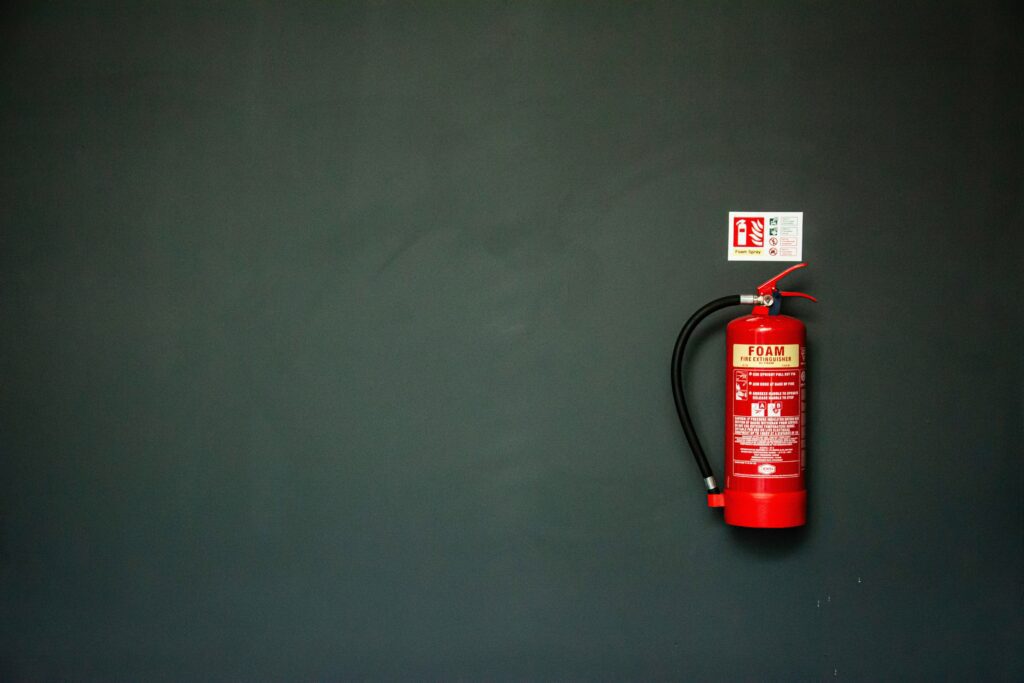
When it comes to staying safe in short term rentals, a few key pieces of equipment and technology can make all the difference. Let’s explore the essentials to keep you, your property, and your guests secure.
Fire Safety Measures
1. Fire Extinguishers: Ensure each rental space is equipped with a fire extinguisher.
- Type: Multi-purpose (ABC rating)
- Location: Kitchen, hallways, near exits
- Maintenance: Check yearly, replace every 10 years
2. Smoke and Carbon Monoxide Detectors: Vital for early detection, they should be tested monthly.
- Installation: On every floor, in bedrooms
- Technology: Opt for smart detectors for real-time alerts
Security Technologies
Smart Locks: Did you know that smart locks don’t just offer convenience but added security too? They allow you to control access without the hassle of keys and can provide time-limited access codes for guests. Brands like August and Schlage are popular among rental owners.
- Features: Remote locking/unlocking, guest access management
- Integration: Can be part of a broader home automation system
Power and Utilities Management
Generators: In case of a power outage, a generator can be a lifesaver. It’s estimated that each year, power outages cost American households $150 billion. Generators keep the lights on and critical systems running.
- Type: Portable or standby
- Fuel: Gasoline, diesel, or propane
When considering these systems, sometimes equipment rentals can provide a cost-effective and flexible solution, especially for things like generators or additional safety gear. Companies like United Rentals can supply these as needed.
Remember, staying prepared with the right equipment is not just about compliance; it’s about giving everyone peace of mind.
Collaboration with Local Emergency Services
When you’re offering a short-term rental, ensuring the safety of your guests is paramount. An essential aspect of this is having an effective collaboration with local emergency services. So, how are you making sure that your guests can count on rapid response if needed?
Building Relationships with First Responders
What if there’s an emergency at your rental property? The strength of the relationship between your operation and the local first responders can make all the difference. It’s important to:
- Reach out proactively: Don’t wait for an incident to introduce yourself. Make the first move by scheduling a meeting with your local fire chief or police department.
- Provide key information: Do they know the layout of your property? Sharing this information can streamline their efforts in a crisis.
Engaging with partners and collaborators for emergency preparedness is not only thoughtful, it’s a critical component that enhances the safety and readiness of a rental space.
Boosting Visibility and Communication
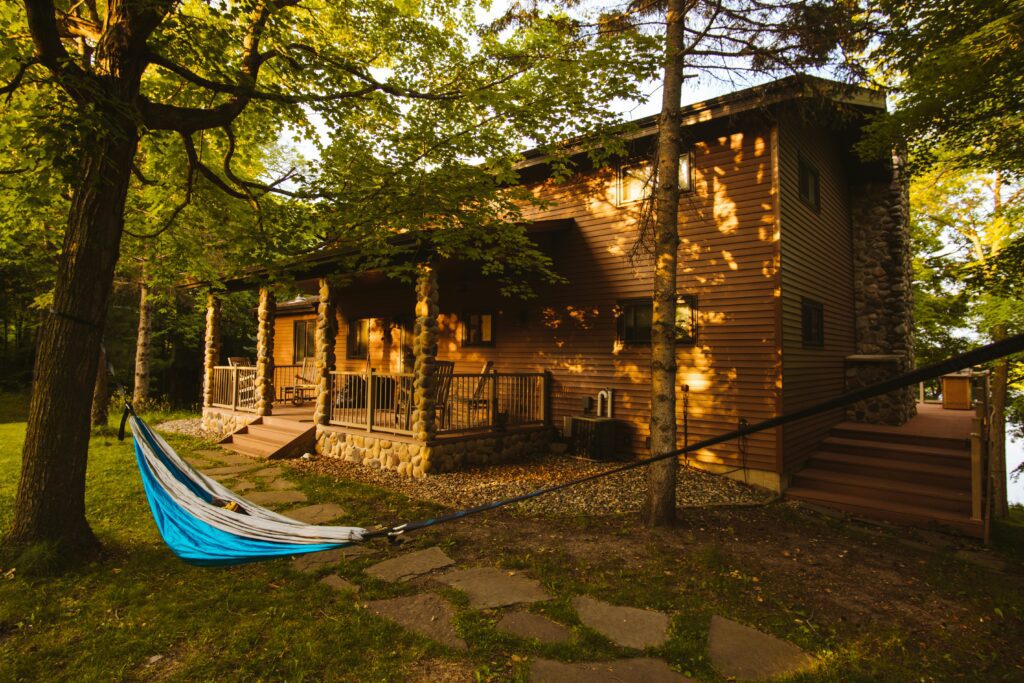
Effective communication and heightened visibility are crucial in managing your short-term rental, especially when it comes to Emergency Response Systems. Let’s explore how you can keep guests well-informed and ensure your emergency procedures are clearly visible.
Information Sharing with Guests
Sharing critical information with your guests serves two vital functions: ensuring their safety and maintaining regulatory compliance. Here’s how you can do it:
- Create a digital welcome pack that includes emergency contact numbers, location-specific information, and the details of your property’s Emergency Response System.
- Utilize an automated messaging system to provide guests with immediate access to emergency information and updates during their stay.
Remember, the objective is to give guests the confidence that they are in a safe and well-managed property.
Signage and Information Placement
The strategic placement of signs can significantly improve visibility and guide guests during emergencies:
- Place emergency procedure guides in visible areas such as the kitchen, near exits, and in bedrooms, ensuring guests can easily locate them from any point in your rental.
- Consider using high-contrast colors and bold formatting for your signs to capture attention and make them legible even in low-light conditions.
By clearly displaying important safety information, you help guests feel secure, knowing that you prioritize their well-being.
Ensuring Continuity and Stability
In the dynamic world of short-term rentals, establishing both structural resilience and a reliable business continuity plan are essential. They not only promise greater stability but also ensure the lights stay on, quite literally, in the face of unforeseen events.
Infrastructure Resilience
When it comes to construction, it’s not just about the aesthetics; it’s about endurance. Have you ever wondered how your rental would stand up to a severe storm or power outage? Investing in sturdy building materials and power generation systems is key. Think along the lines of backup generators and renewable energy sources like solar panels which not only provide peace of mind but also offer an eco-friendly edge to your property.
Renovations can also play a part in this. For instance, using storm-resistant windows and reinforced doors can make your property a safe haven when the weather turns sour. And let’s not forget technology; innovative brands like EcoSmart and Nest provide Emergency Response Systems that manage power consumption while ensuring guest comfort.
Business Continuity Strategy
Now, let’s chat about keeping the business wheels turning. A Business Continuity Strategy is like a lifeboat; you hope you never need to use it, but you’re super glad it’s there if you do. It’s all about detailed planning — from handling reservations during a blackout to maintaining communication with guests when the unexpected happens.
Have you got a plan if a sudden power cut interrupts a guest’s stay? Companies like Guesty provide software that assists with automated communication to guests, ensuring that you can keep them informed and comfortable, even if you’re off the grid. Remember, a well-informed guest is a happy guest! And happy guests lead to stable, thriving business.




